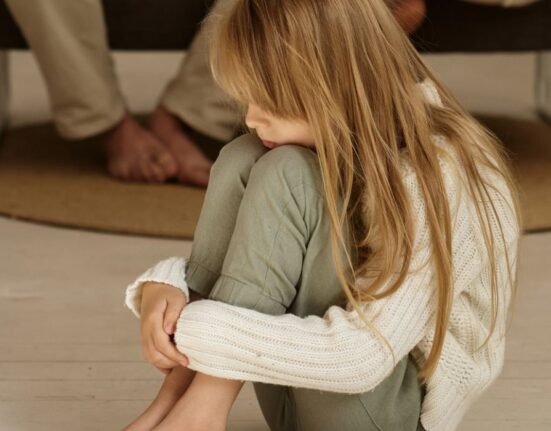Moving back into your parental house is often viewed with stigma, especially from the Western perspective. This act is often viewed by society as a failure and a matter to be ashamed of. In some nations living with your parents after the age of 18 may be shocking. We may move into parents due to circumstances such as finances or socioeconomic status.
Recent Research
A recent UK study found positive effects of moving back to their parent’s house among ‘boomerang adults’. Boomerang adults are adults who lived with their parents initially and in the future move back to live with their parents once again.
Previous research had suggested that the parents may experience a reduction in their mental well-being when their adult children return to live with them. This could be due to worries about their child’s future and the stress of managing the current situation. Thus, this state of parents may in turn impact the family negatively.
In contrast, the first study of the Institute for Social and Economic Research (ISER) conducted in the UK, reported a different perspective. It found that boomerang adults were associated with an increase in mental health scores despite losing their independence.
The Boomerang Generation
Since 2011, the UK has seen a 14.7% increase in adults who are presently living with their parents. This means that nearly 5 million adults in the UK live with their parents. Based on the article published by Advances in Life Course Research, the boomerang generation opts for parental support to escape the stress of the private rental sector. They have studied that 15% out of 9,714 adults between the ages of 21 and 35 move back to their parent’s houses at least once.
Professor Emily Grundy of population science acknowledged her surprise when the findings of the UK study contradicted earlier assumptions.

Moving back to parents provides various drawbacks. Drawbacks such as loss of independence, fear of falling behind peer groups and retrograde feelings may cause a decrease in mental health.
But these impacts don’t seem to exert much on the mental health of current boomerang adults. This might indicate that the previously thought markers of adulthood such as moving out may be changing. For instance, due to increasing inflation in Korea, more and more adults seem to prefer to stay with their parents to deal with financial worries.
Reasons behind the Shift
According to Grundy, the process of transition, which was formerly seen as a crucial milestone in adulthood, is changing. Individuals may make such changes to address issues like as higher rent, longer education, narrowing partners, and starting a family later in life. She later added that the liberal attitude of parents may also play a role.
According to Japan’s multi-generational mortgage practices, adults moving in with their parents may imply that there exist greater differences between generations of the family. This means that the spacing between the generations has become varied.
For instance, we may say life begins at 40 as your children may become independent and obtain a stable life by then. But this might not be the case in current times. A 40-year-old adult may now have children going to nursery. This in turn promotes a less rigid view of this concept.
The Implications for Mental Health
It is essential to remember that there are certain limitations to this research. For instance, though few adults may want to return home. They might not be able to due to a lack of resources or proper space in the parental, homes. This in addition to worries over rent and fear of being homeless may negatively impact mental health causing anxiety or depression.
Polly Neate, chief executive of the housing charity, warns people to not view their families as an opportunity to fill gaps as this may cause overcrowding and negatively impact these families. She added that though moving back in with your parents may help improve the mental health of the individual it isn’t an option for everyone. Overcrowded homes not only add pressure but may also contribute to homelessness.
Based on the case study covered by The Guardian in Australia, another reason for moving back to the parental home may be due to not only increasing living costs but also the shift of focus from traditional aims. Traditionally, moving out of a family home into one’s own home was a milestone in an adult’s life. Individuals are currently changing their focus to career happiness. This generation seems to consider the following passion as more important than moving into your own house.













Leave feedback about this